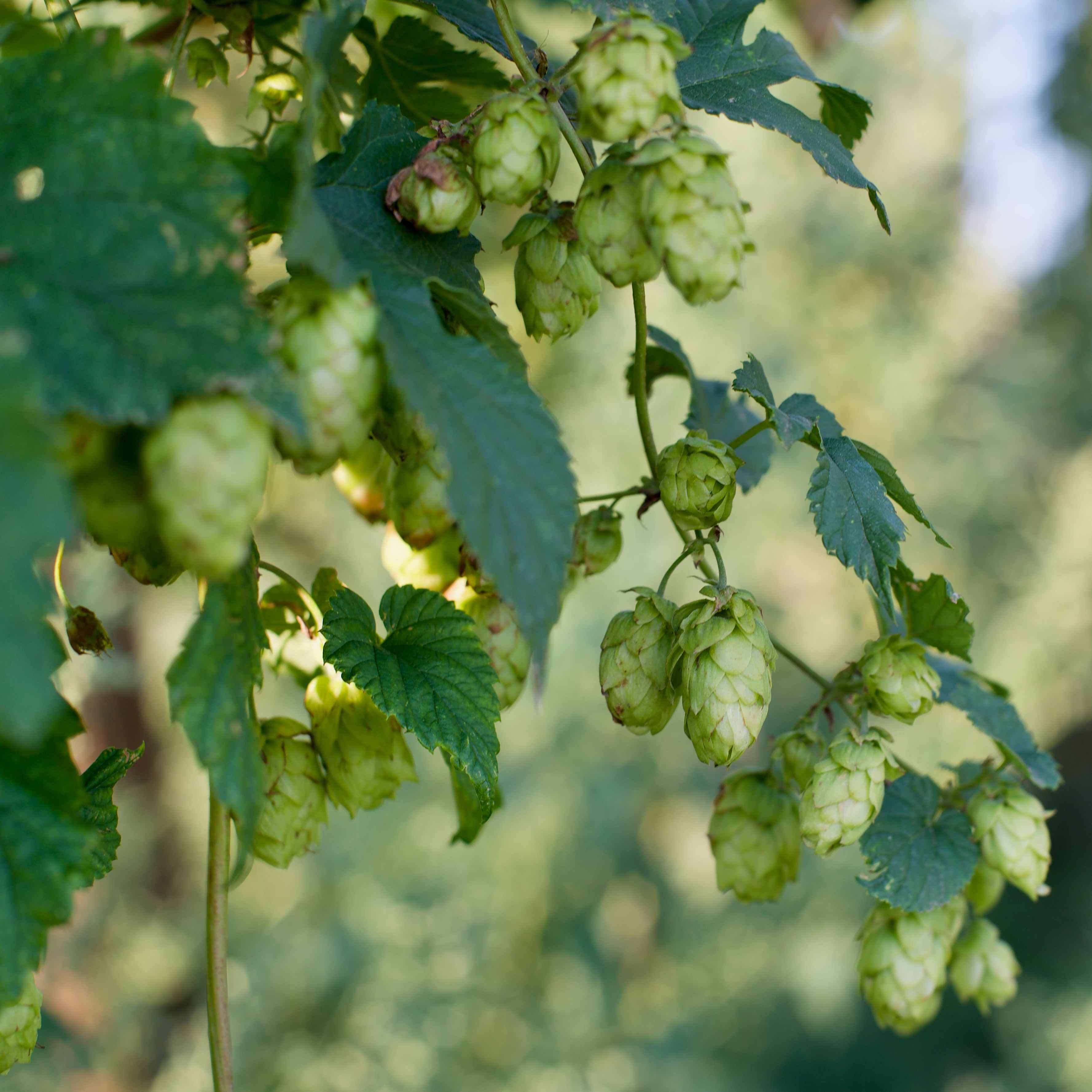The British Hop Growing Movement: A Revival in the Making

In recent years, there has been a quiet but significant movement brewing across the countryside of Britain – the revival of hop growing. Once a flourishing industry in the UK, hop cultivation had dwindled to a mere fraction of its former self. However, a growing interest in local and craft brewing, coupled with a desire for sustainable agriculture, has sparked a renewed enthusiasm for this traditional crop.
A Brief History
Hops have been cultivated in Britain for centuries, with records dating back to the 16th century. They were originally introduced by the Romans but gained popularity in medieval times when beer became the beverage of choice. Kent, known as the "Garden of England," was the heartland of British hop growing, with its ideal climate and soil conditions.
By the 20th century, hop cultivation had spread to other regions such as Herefordshire and Worcestershire. At its peak in the 19th century, there were over 2000 hop farms in the UK. However, changes in agriculture, the rise of industrial brewing, and competition from overseas led to a decline in British hop production.
The Revival
In recent years, a combination of factors has breathed new life into the British hop growing industry. One significant factor is the resurgence of craft brewing. Consumers are increasingly interested in unique, locally sourced ingredients, driving demand for high-quality hops with distinct flavours and aromas.
This demand has created opportunities for small-scale hop growers to enter the market. Unlike the large commercial hop farms of the past, these growers focus on specialty hops, often experimenting with different varieties and cultivation techniques to produce unique flavours.
Sustainability is another key driver of the hop growing movement. With growing concerns about climate change and environmental impact, many brewers and consumers are seeking out locally grown ingredients to reduce carbon emissions associated with transportation. Hops are well-suited to sustainable farming practices, with many growers embracing organic and low-impact methods.
The Current Landscape
Today, the British hop growing movement is in full swing, with hop yards popping up in various parts of the country. While Kent remains a hub of hop cultivation, other regions like Herefordshire, Worcestershire, and even Yorkshire are seeing a resurgence in hop farming.
One example of this revival is Stocks Farm in Worcestershire. The Stocks family has been growing hops for over 150 years, and they've seen a renewed interest in their product in recent years. Their commitment to quality and sustainability has earned them a loyal customer base among craft brewers both in the UK and abroad.
In Kent, the Hukins family of Hukins Hops has been at the forefront of the hop growing revival. They grow a wide range of hop varieties, from classic English hops like Fuggle and Goldings to newer varieties with exotic flavours. Their hops are in high demand from both traditional and craft brewers looking to add a unique twist to their brews.
The Future
The future of the British hop growing movement looks promising. As consumer demand for locally sourced, sustainably produced ingredients continues to grow, so too will the opportunities for hop growers. Small-scale growers are carving out a niche for themselves, supplying high-quality hops to brewers who value flavour and provenance.
However, challenges remain. Competition from overseas producers, fluctuating weather patterns, and the need for ongoing investment in infrastructure all pose potential hurdles for the industry. Nevertheless, with the passion and dedication of growers across the country, the British hop growing movement is well-positioned for continued success.
This is why we've decided to use 100% British grown hops in our next beer recipe... Keep your eyes pealed for its release in the coming weeks!



Comments